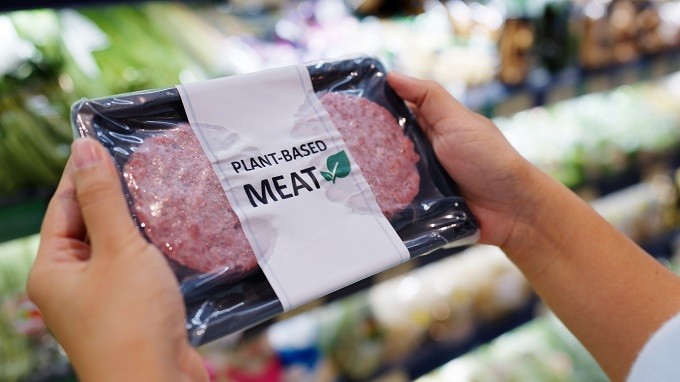India has a rich culture of food and has one of the largest diversities in food dishes. It is popularly known for its ‘chappan bhog pratha’ means creating 56 dishes for the lord and as prasad. A country that has such rich diversity in food especially vegetarian foods is now also emerging towards the trend…




